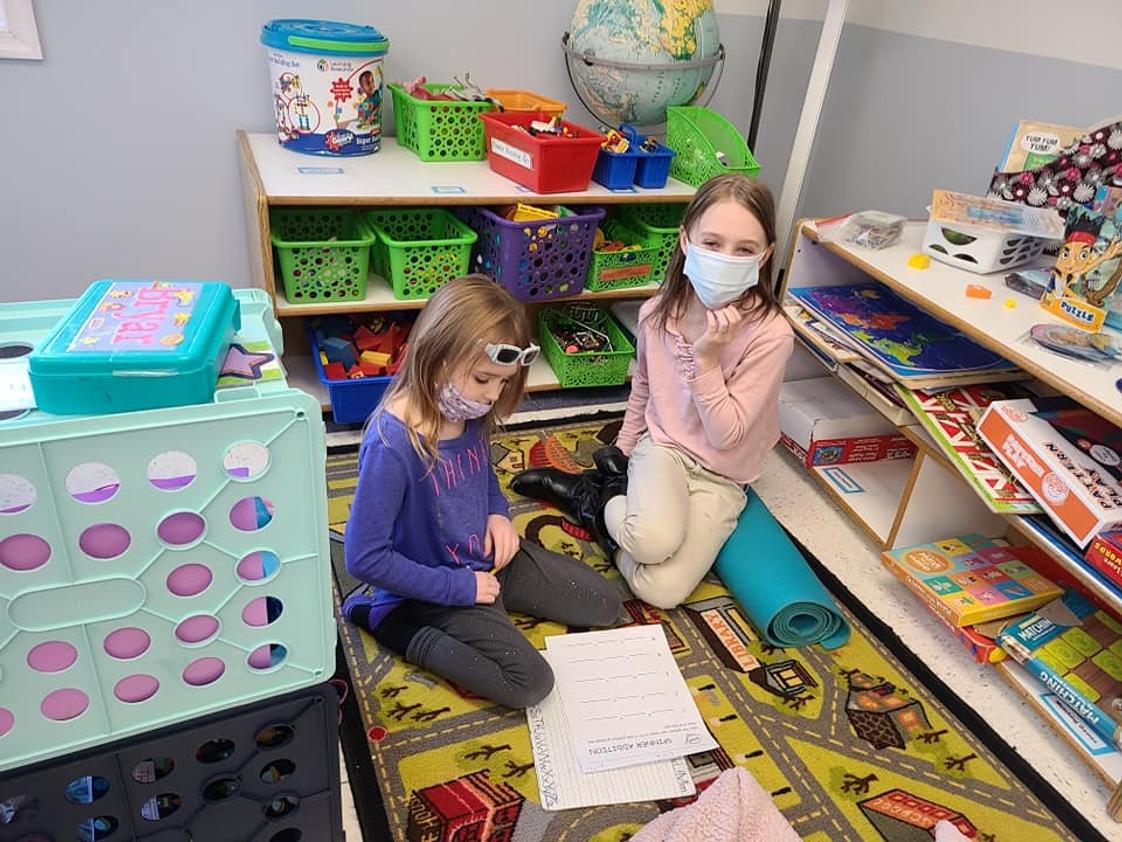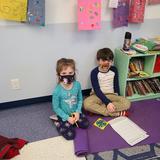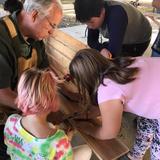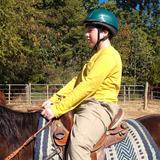The mission of Full Circle School is to provide students from Pre-K to 8th grade a safe and supportive educational experience that inspires them to become well educated, happy, healthy, and engaged human beings. Our school culture promotes kindness and academic support that meets the student where they are currently perofrming. High academic expectations coupled with the support your child needs to reach their highest potential. We address learning gaps created by the high pressure, fast pass of public schools and ensure the foundation skills are in place that support groath and confidence.
School Overview
Religious Affiliation
Grades Offered
Grades Kindergarten-7
ADD/ADHD Support
Yes
Learning Difference Programs
Yes
Learning Programs Supported
all
Year Founded
2016
Student Body
Total Students
31 students
Student Body Type
Co-ed
Students by Grade
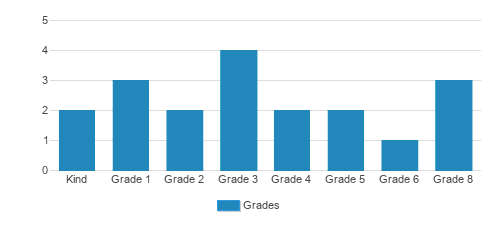
Academics and Faculty
Total Classroom Teachers
4 teachers
Student : Teacher Ratio
8:1
National avg.: 13:1
% Faculty w/Advanced Degree
50%
Average Class Size
8 students
Classroom Dress Code
Casual
None
Tuition and Acceptance Rate
Admission Deadline
None / Rolling
Yearly Tuition Cost
Tuition Notes
Tuition is on a sliding scale based on income as funds are available. Multi-child discounts apply.
% on Financial Aid
40%
Average Financial Aid Grant
$1,500
Acceptance Rate
95%
National avg.: 85%
Admissions Director
Angela Whittaker
Admissions Associate
Judy Chambliss
Sports
Total Sports Offered
1 sport
Sports
Extracurriculars
Total ExtracurricularsTotal Extra-curric.
3 extracurriculars
ExtracurricularsExtra-curric.
Club or Organization:
Young Scientist Class
Arts and Music Programs:
Art Class, Drama Class
Young Scientist Class
Arts and Music Programs:
Art Class, Drama Class
School Notes
- Full Circle currently serves grades PreK-8. We are dedicated to the whole child and utilize a challenging, yet humane, educational process that allows people to grow and learn mentally, emotionally, physically, and spiritually so they can become inspired global citizens.
- Full Circle recognizes that there are many paths to becoming an inspired global citizen and the best method for supporting students in this endeavor is through educational experiences that encourage, collaboration, critical thinking, problem-solving, high work ethic, resourcefulness, resilience, and big-picture thinking.
- Families and the community we serve are important partners in the educational process and opportunities for involvement are key to the success and growth of our students and our school.
Source: Verified school update
Frequently Asked Questions
How much does Full Circle Schools cost?
Full Circle Schools's tuition is approximately $7,200 for private students.
What is the acceptance rate of Full Circle Schools?
The acceptance rate of Full Circle Schools is 95%, which is higher than the national average of 83%.
What sports does Full Circle Schools offer?
Full Circle Schools offers 1 interscholastic sports: Equestrian.
When is the application deadline for Full Circle Schools?
The application deadline for Full Circle Schools is rolling (applications are reviewed as they are received year-round).
Recent Articles

A Parent's Guide To Understanding High School Teaching Methods
This comprehensive guide helps parents navigate the various teaching methods used in today's high school classrooms. By understanding these approaches, you'll be better equipped to support your teen's learning journey, communicate effectively with teachers, and create a complementary learning environment at home.

February 08, 2025
Social Emotional Learning: Education's Hidden SymphonyA musician's perspective on Social Emotional Learning reveals how this educational framework orchestrates success through five essential emotional competencies.

January 24, 2025
A Roadmap For Starting A Private SchoolUse this roadmap as a set of talking points with your trusted mentors and professionals to start the private school of your dreams. You're not alone. Over the years, hundreds of folks like you have had the same dream. From Quintilian to Maria Montessori to Lucy Madeira Wing, visionary educators have established schools to teach according to their beliefs and methodologies.


